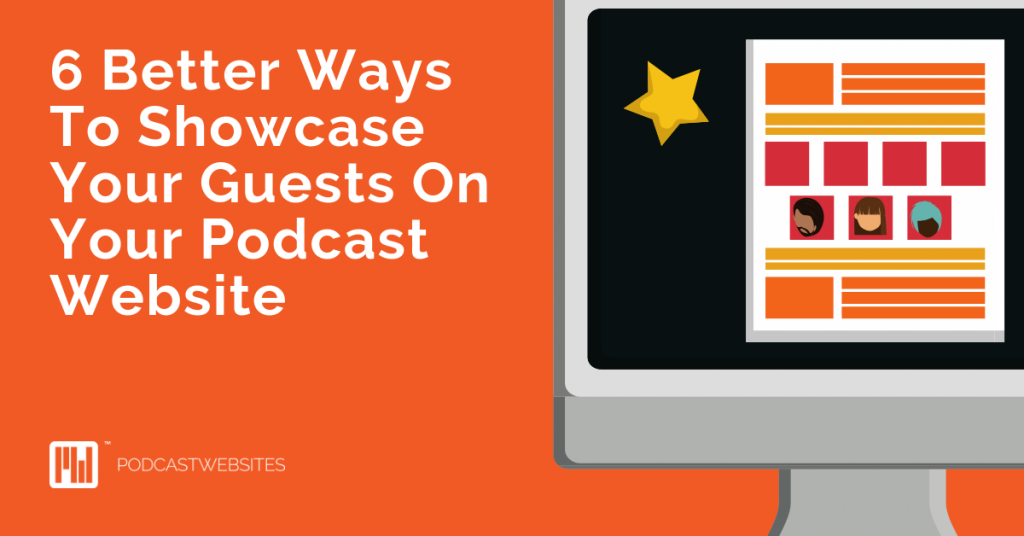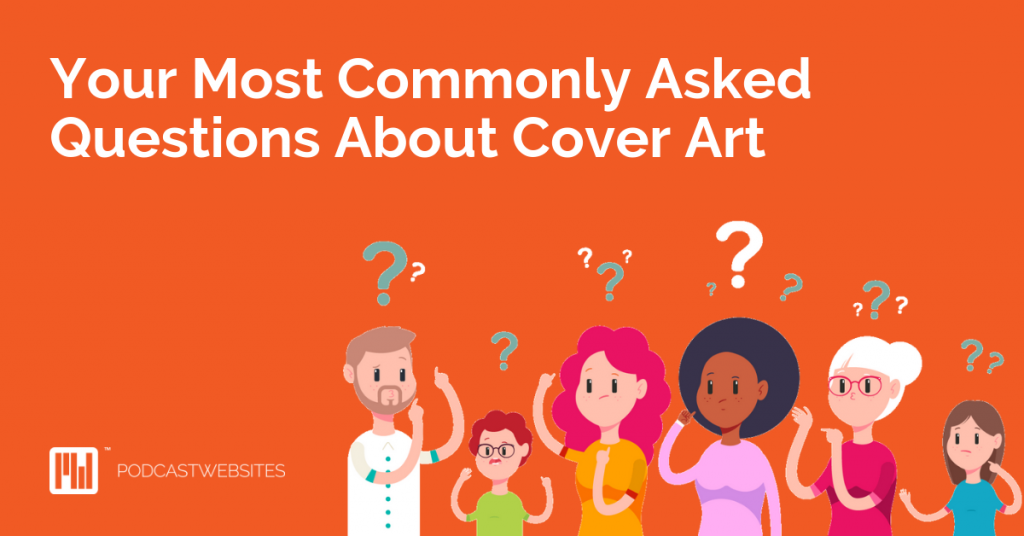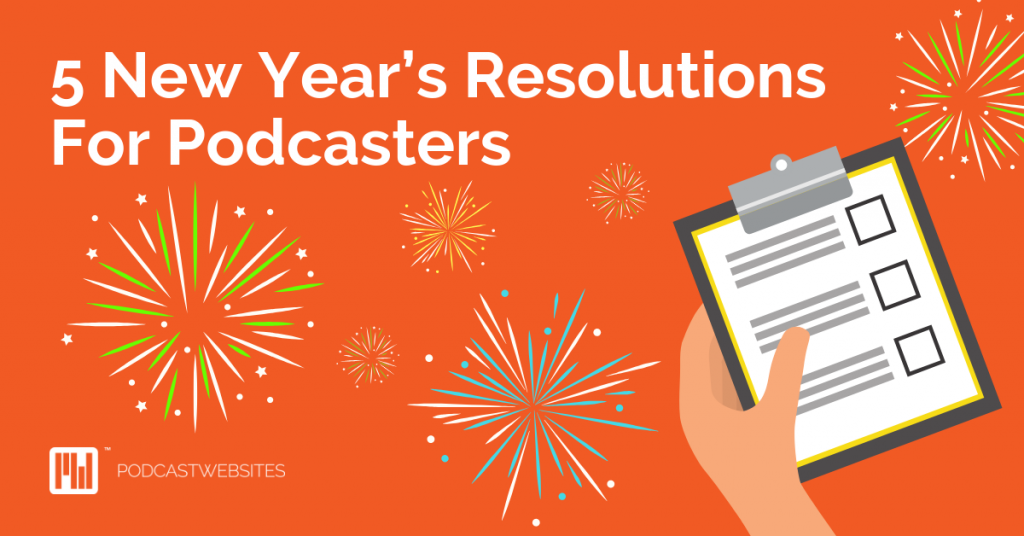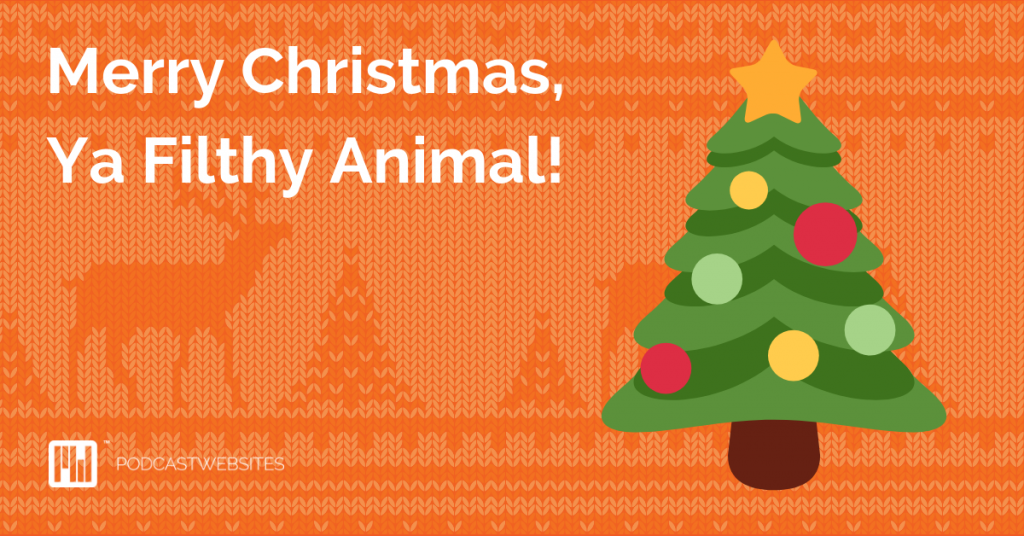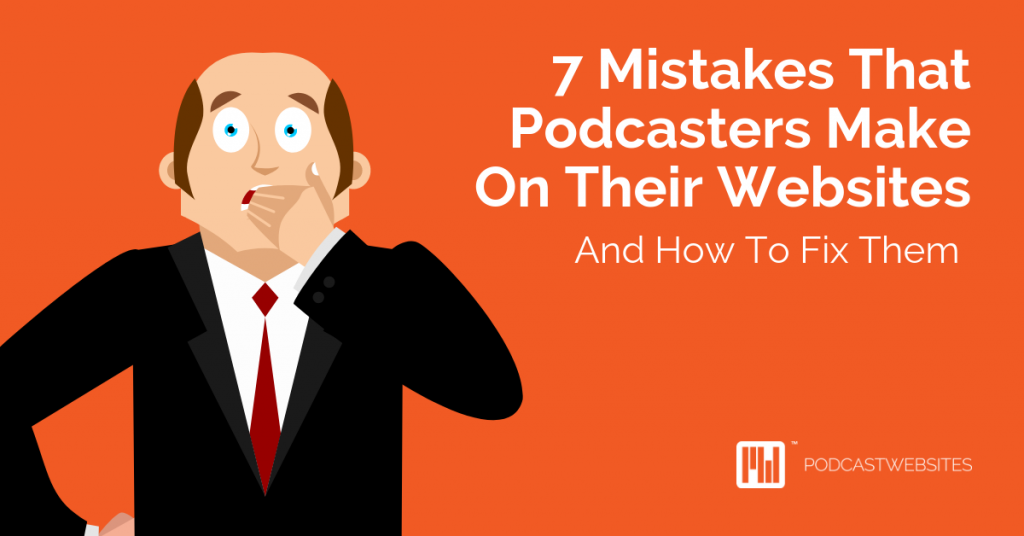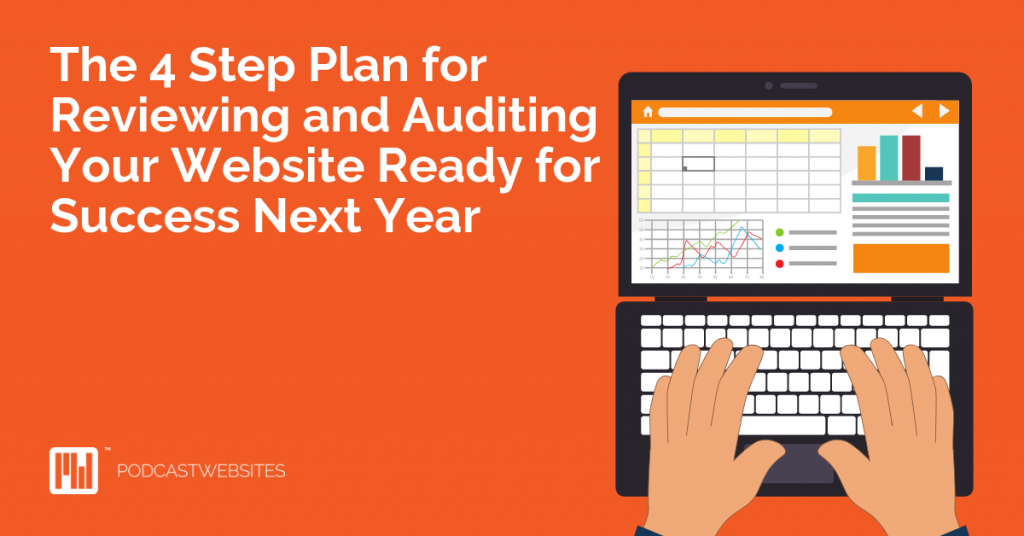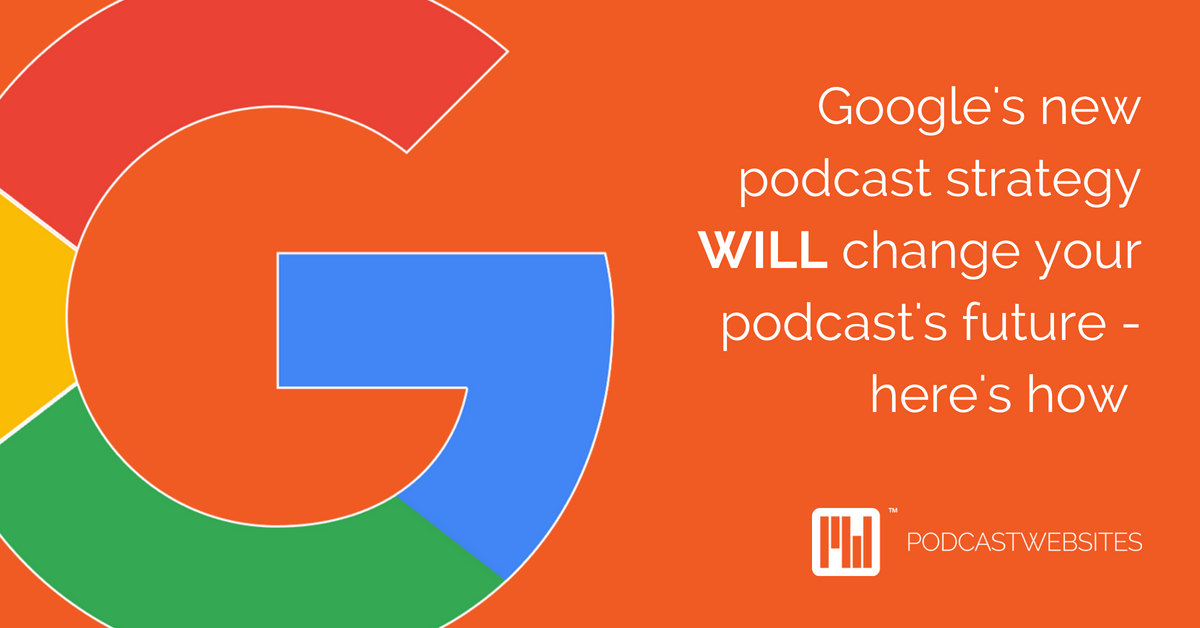
Google’s podcast strategy WILL change your podcast’s future – here’s how
This blog is part one of a two-part series on Google’s new Podcasting Strategy and Android app. Look out for part two coming very soon.
For as long as we can remember, audio has been forgotten about by Google in favour of its cooler, older siblings text, image and video.
Finally, things are set to change thanks to their new podcast strategy – and I couldn’t be more excited about it.
Google’s Podcasting Team (yes, that’s a thing) have pledged to double numbers of podcast listeners in the next few years thanks to the strategy. But how?
Here’s what they’re proposing and how you can use these changes to make your podcast more visible.

1. Podcasts are becoming more visible in Google search
Before these changes, if you typed into Google “How to lose belly fat podcast” (one of the top searched phrases of 2017 – don’t judge us) you’d receive around 11,900,000 in 0.43 seconds – any podcasts within those search results would be pushed down behind text, images and videos.
If you were to type the same query into your Android phone now, you’re likely to see Cut The Fat Podcast high up in the search results – ran by Personal Trainer Blythe Wagner and Nutritional Pharmacist Ray Hinish, the duo rose to podcasting fame with their science-based approach to advising people how to cut fat from their diet and lead a healthier life.
Not only will their podcast appear, but a full episode list, complete with instant play buttons alongside the option to subscribe and add multiple podcast subscriptions into Google Podcasts, their new Android app. Yay!
What this means for you and your podcast
Your podcast has the potential to be viewed by millions more people which we’re sure you’ll agree is awesome news!
To make the most of this you need to consider what keywords people may be searching for – and how you can title your episodes and descriptions to feature these – think of this as audio SEO.
Google has specific guidelines on how you can structure your podcast to appear in their search results. Reading these and applying them will be like a golden ticket for your podcast – just minus the chocolate (sadly).
2. Visibility to a whole new audience of Android users
There’s currently a huge discrepancy between Apple and Android devices when it comes to podcast listeners – which is interesting considering most smartphone users in the world own Android phones.
One of the main reasons for this is because Apple devices are much more podcast friendly. They have a specific app for podcasts when you open up the phone and the ability to see what your other iPhone-using friends are listening to.
Google’s Podcasting Team have learnt from Apple to create a similar environment for Android users and tap into the huge, untapped opportunity they present for the podcasting world.
What this means for you and your podcast
There are lots of differences between the demographics of Android and Apple users. Not least, that we all know Apple users are generally found to be more charming, and universally likeable (did we mention modest, too?).
Joking aside, it’s important that you do some research into the differences between Apple and Android users and how they might affect how you market your podcast – this blog by Build Fire is a great place to start.
For example, Androids users are incredibly geographically diverse and their devices are used widely in lower-income areas and developing countries. Apple users are generally higher educated, have a higher income and a higher spend per app*.
As podcast listening becomes more popular amongst Android users, the types of content and demand are likely to change so it’s important to remain receptive to this.
3. Seamless podcast streaming is available on all devices
Google Assistant is revolutionising the way people listen to podcasts. Not only does streaming now work with Google Assistant and Google Home, but your subscriptions and episode progress are synced across all your devices – just like when you have to pause mid-episode on Netflix or Amazon Prime and come back to them at a later date.
Say you had to pause your podcast on your phone using Google Assistant whilst talking to your neighbour, you can now re-start it as soon as you’re inside and Google Home will pick up where you left off.
What this means for you and your podcast
As Google Assistant and Google Home are voice-controlled apps, consider if your podcast’s name and episode titles are voice command friendly.
You also need to think about how these technological progressions will change the way people listen to podcasts – in the car, on a run, at home whilst cooking – there’s no doubt that podcasts are becoming more user-friendly.
Tailor your content to where your avatar may be most likely to listen to your podcast episodes.
So, what are the next steps?
These changes are happening and they’re happening now – but as always, we’ve got your back!
We’ve created a downloadable “Google Podcast Strategy Checklist” resource to help you action all the tips we’ve given you in this blog post.
Head to the Podcast Success Academy to download the resource and change your podcast’s future today!
* Data source: Buildfire.com
Ready to monetize your audience & become an audio influencer?
Podcasters all across the world are transforming from simply producing audio to becoming a monetised, influential brand with Podcast Websites. When you're ready to become an audio influencer in your niche, we're here for you.
Ready to monetize your audience & become an audio influencer?
Podcasters all across the world are transforming from simply producing audio to becoming a monetised, influential brand with Podcast Websites. When you're ready to become an audio influencer in your niche, we're here for you.

